
QATAR AIRWAYS: Australian women finally win right to sue for invasive 2020 Doha strip‑searches

Five Australian women have won a landmark legal victory. It will give them the right to sue Qatar Airways and airport operator MATAR over invasive body searches at Doha’s Hamad International Airport in October 2020. I have written a number of stories about this incident over the years.
In a rare reversal, Australia’s Full Federal Court has overturned a prior decision that had dismissed the legal claims. The court ruled that the matter is too complex to be dismissed summarily and warrants a full hearing.
What happened in 2020
Back on 2 October, a newborn was discovered abandoned in a terminal bathroom at Hamad International Airport. In an effort to identify the mother, armed Qatari officers forced many female passengers off the aircraft. These women were subjected to invasive searches. This included 13 Australians on flights bound for Sydney.
Four of these women allege that they were taken to ambulances on the tarmac. There, they were subject to non-consensual internal and strip searches by medical staff.

Legal journey so far
Marque Lawyers represent the four Australian women. They originally sued Qatar Airways and MATAR, Doha airport’s operator, as well as the Qatar Civil Aviation Authority (QCAA). The suit included claims of assault, negligence, false imprisonment and mental harm in the form of PTSD. The claims were brought under both domestic and Montreal Convention law.
In April 2024, a judge sitting alone in the Federal Court of Australia, Justice John Halley, dismissed the claims against Qatar Airways and QCAA. The grounds cited were that the police carried out the actions, not the staff of the two organisations. The case against MATAR remained open.
Update, appeal success
An appeal of the decision was heard by the full Federal Court, which unanimously overturned the lower court’s ruling. It determined that the actions taken in the ambulance could be within the ’embarkation or disembarkation’ phase under the Montreal Convention. That means that Qatar Airways is potentially liable. It also found that it was worthy of argument that MATAR had a duty of care towards the affected passengers.
The case against QCAA was dismissed on the grounds of state immunity. Costs were awarded in favour of the women appealing. That means Qatar Airways and MATAR will have to pay the appeal costs.
The case is now set to proceed to full trial in the Federal Court of Australia, probably in 2026. The women continue to seek compensation for mental harm, unlawful contact, and their experience of being forcibly removed and examined.
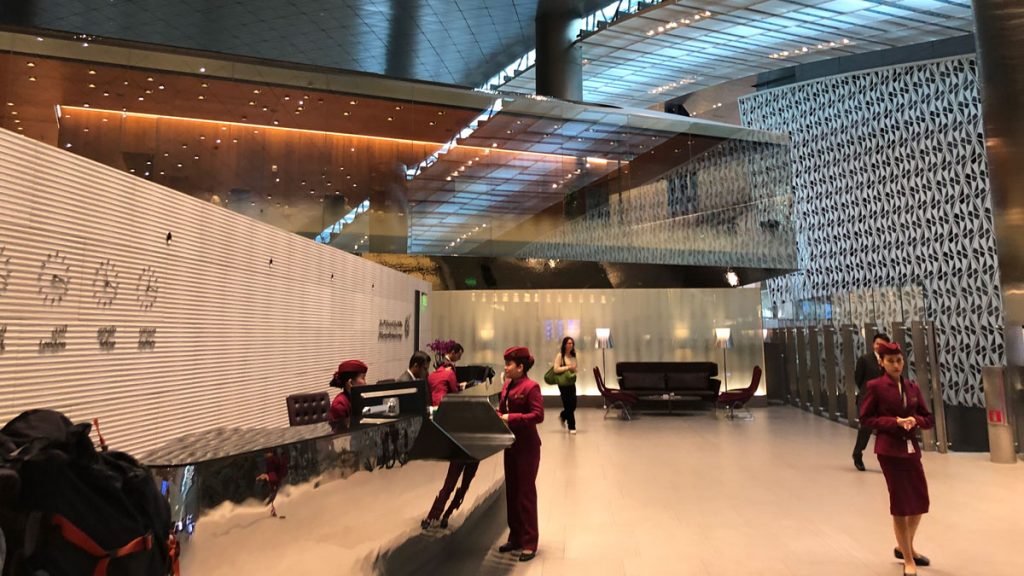
2PAXfly Takeaway
This landmark ruling raises critical questions about the scope of airline liability in extraordinary airport security scenarios.
The initial incident at the root of this court action caused outrage over the trampling of human and especially women’s rights in what some see as an oppressive and misogynist/homophobic regime in Qatar.
The outcome of this impending action will set an important legal precedent on an airline’s liability for events occurring off the aircraft but in proximity to the flight process.
For travellers, it underscores ongoing concerns about human rights, consent, and accountability in airport operations, even beyond the aircraft cabin.

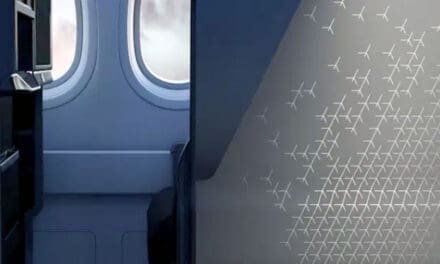
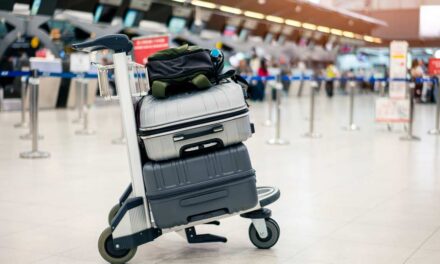








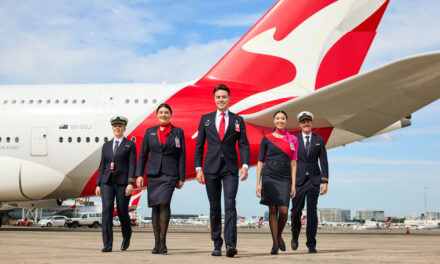
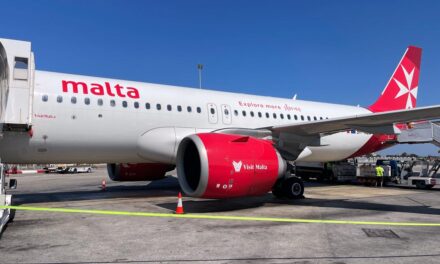




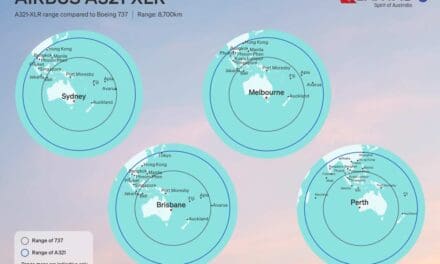
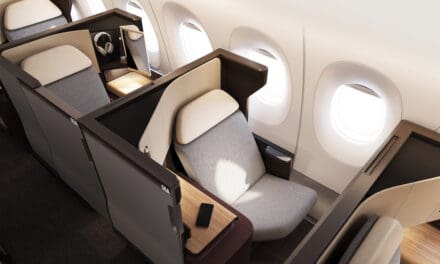







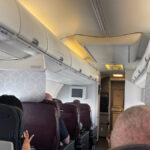







What did you say?